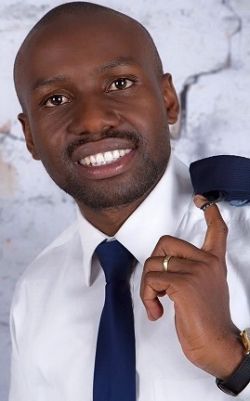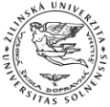Tutorials
AR Learning
The fourth industrial revolution aka Industry 4.0 has impacted the Higher Educational (HE) sector in many ways. Opportunities and challenges such as emerging educational technologies, students with highly developed digital skills entering HE, curriculum design for both existing and emerging disciplines just to name a few need to be addressed in teaching & learning related research preparing the HE sector.
This workshop focusses on research addressing the opportunities and challenges of creating innovative learning spaces for the 21st century.
In particular, we will be discussing
- The new learner characteristics
- Opportunities and challenges for the education sector
- Creating innovative learning spaces for the 21st century
- Augmented Reality (AR) in education
- An overview
- Technologies
- Opportunities
- Case Study
Financial and Business Cycles: Statistical and Econometric Models
Abstract
The tutorial is an expected continuation of the invited lecture with the same title. The new models will be supported and illustrated with computational examples with
real data and simulations.
Specifically the following will be demonstrated:
- (a) Cycle dating of financial time series ‐ for real data and simulated processes;
- (b) verification if a series is speculative;
- (c) smoothing the cycles with three models: quarter-circular wavelet, sinusoidal wavelet and polynomial wavelet;
- (d) trading optimisation.
Attendants are encouraged to have own laptops at the tutorial.

Centre of Expertise in Forecasting
Nelson Mandela University
Port Elizabeth, South Africa

BETA and COEF
University of Lorraine
France

School of Statistics and Actuarial Science
University of the Witwatersrand
South Africa
- T1- Introductory Tutorials
- T2- State of the Art Tutorials
- T3- Software and Modelware Tutorials
Tutorial proposals should be emailed to Philippe.Geril@eurosis.org, by indicating the type of tutorial you would like to suggest. (T1, T2 or T3) before JANUARY 15, 2020. A confirmation email will be sent to verify that the proposal was received.
Examples of topic areas for tutorial proposals should mirror the topics in the list of conference themes and workshops.
Proposals must be submitted electronically via e-mail, as plain text or in PDF. The tutorial submission should be contained within five pages. Various parts of the proposal for accepted tutorials may be edited for incorporation in the Advance Program.
When preparing a tutorial submission, please consider the suggested template (to be linked later).
Financial Terms
An accepted conference university tutor receives a free conference registration plus a free publication of his tutorial paper. University tutorial presenters will receive also an honorarium depending on the number of attendees registering specifically for the tutorial outside the conference registrants. The precise amount of the honorarium will be determined immediately after the early registration deadline.
Tutorials that have less than 8 early registrants will face the risk of cancellation.
Tutorial Selection Committee
The proposals received will be reviewed by the Selection Committee to ensure a high quality and appropriate mix for the conference. The goal of the Selection Committee is to provide a diverse set of tutorials that attract a large interest among the broad segments within the diverse simulation community.




